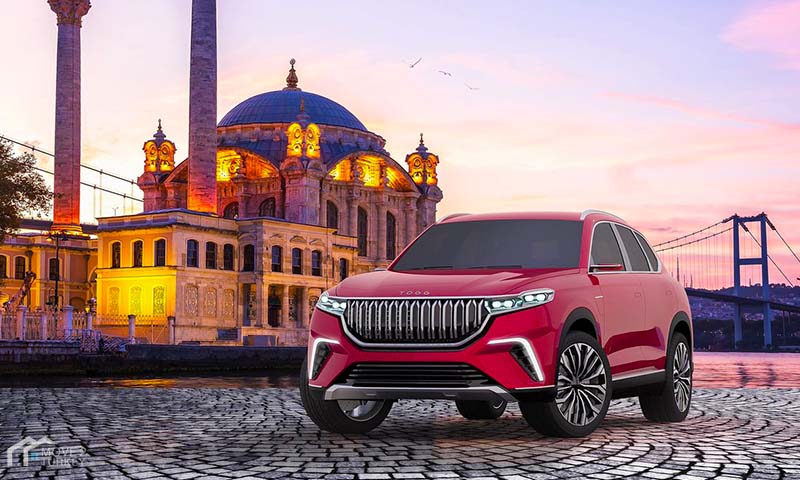How can foreigners buy a car in Turkey
Of course, it is possible to own cars in Turkey for foreigners. Additionally, foreigners enjoy some tax advantages. Information on the tax-free vehicle shared with a foreigner, the documents necessary when buying a new car in Turkey, and the executed procedures are available within this post.
As you may have guessed, the demand for automobiles has increased over the past few years. You can purchase new models from various brands through dealers, car dealerships and car exhibitions. Additionally, used vehicles on the second-hand market are accessible online or through newspaper advertisements.
To purchase a vehicle in Turkey, the buyer must have an official residence permit.
Purchasing a New Car
The procedures for registration of vehicles and the documents that foreigners must have to purchase a car are similar to those required by Turkish citizens. A license plate issued by the MA or MZ group is issued to vehicles registered with foreign citizens.
Dealers selling new cars typically manage the registration paperwork for the purchaser. The new vehicle must be registered with the Traffic Registration Offices within three months of when you purchased it. The documents required for new car registration include:
Notary Sales Bond
Sales Invoice
Highway Compliance Certificate
Unique Consumption Tax (SCT) Paid Receipt
Compulsory traffic insurance
Unique Consumption Tax and Motor Vehicles Tax
Rules govern the efficiency of fuel and CO2 emissions of brand new automobiles. You should display private or official CO2 information on all new passenger cars available for rental or sale. In addition, you must record carbon dioxide emissions for each gram of the vehicle within the logbook.
Unique Consumption Tax (OTV) and motor vehicle tax (MTV) are likely to be reorganized so that they are determined based on the emissions of a vehicle (currently, the tax on cars is determined based on the age of the vehicle and capacity of the engine). The rates are not yet set, but they will align with European Union standards.
Cars are classified in various tax categories based on the engine’s capacity and age, including VAT and SCT.
Tax-Free Car Advantage for Foreigners
A foreigner who is has been accepted by the Turkish Government legally and with a valid residence permit could benefit from being tax-free while buying an automobile, buying an older vehicle (second hand) from a foreigner, or importing their truck to Turkey.
The exemption for vehicle taxes is a way for a foreigner to have the option of purchasing an automobile through an authorized dealer without having to pay Special Consumption Tax (SCT) as well as value Added Tax (VAT). This is also applicable to foreigners who reside in Turkey through a vehicle that is transferred to another.
You can only use this tax-free benefit for one vehicle per foreigner who has a resident’s authorization (except those who are diplomatic NATO personnel who may purchase cars for spouses). Only the family members relevant to the situation can drive the vehicle; Turkish citizens cannot buy and drive tax-free cars.
Purchasing a Tax-Free (Blue Plate)
The tax-free vehicle is also referred to in the form of a “blue plate”, owned by a resident of a foreign country in Turkey and displaying the “ME / MZ” vehicle registration plate. The vehicle’s registration is recorded within”blue licence “blue license” and is valid for the residency or work permit duration of its owner. After the applicable period when you do not renew, your registration fee is assessed on the floors of the tax rate for customs.
People who are entitled to purchase tax-free vehicles:
Foreigners retired from retirement
Foreigners with work permits who are in Turkey
Students and foreign lecturers (excluding students of language courses)
Foreign personnel employed by NATO as well as experts working for the EU
Living in Turkey (but they are not citizens) of foreign media workers
Ministry of Foreign Affairs ID cardholders
Documents to be used when purchasing tax-free automobiles:
Passports with residence and work permits
Notary document
The papers of the vehicle
Tax receipts
The transfer of a second-hand vehicle from one foreigner to another typically takes place in the consulate of the seller. Other firms can assist with these transactions.
